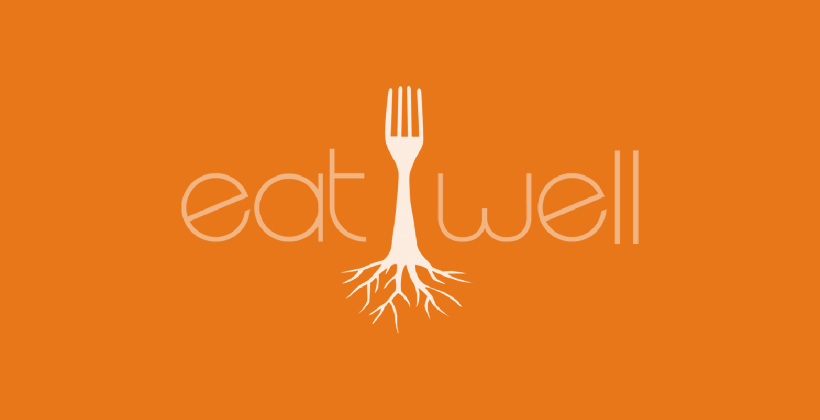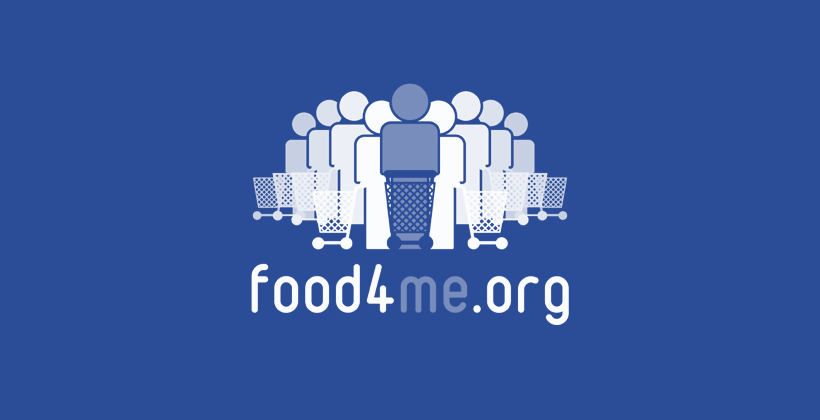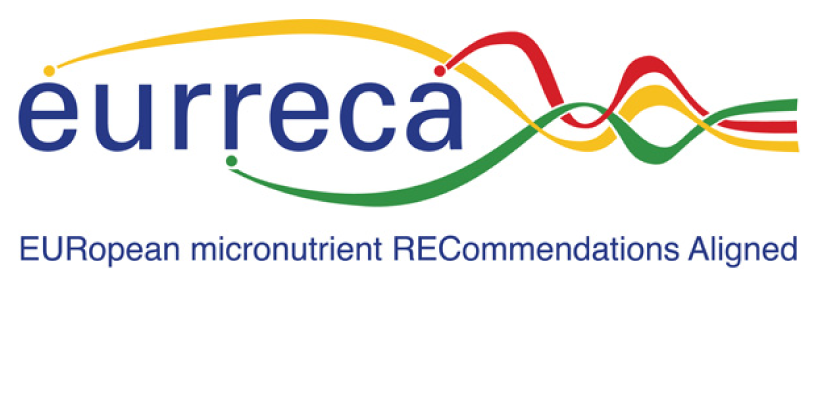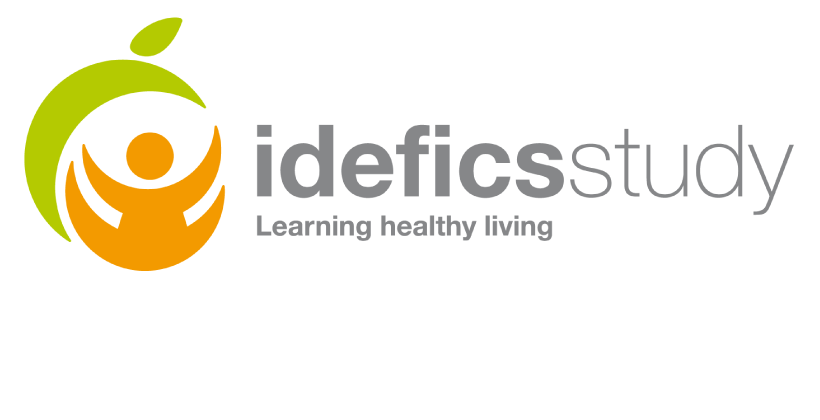Personalised nutrition: opportunities and challenges (Food4Me)
Last Updated : 12 November 2013How can we design a better, healthier and more individual diet?
Poor dietary choices that lead to an unhealthy diet, an increase in weight amongst individuals and contribute to the numbers of individuals affected by obesity related diseases are an increasing public health concern in Europe.
In combatting such issues public dietary advice is provided to promote improved healthy eating practices. However one size fits all dietary advice may not be the most effective technique for improving public health. Food4me is a 4 year, EU FP7 funded project that is investigating the potential of designing diets tailored specifically to an individual’s characteristics.
Studies have shown that individuals respond differently to various nutrients; depending on a person’s physical/genetic make-up, they may experience more or less benefit/risk associated with particular dietary components. The concept of personalised nutrition addresses these differences. Food4Me will consider personalised nutrition at three levels:
- Level 1 provides a personalised analysis of an individual’s diet and makes recommendations for improved food choice;
- Level 2 embraces all of level 1 but introduces the concept of using phenotypic data in addition to dietary data;
- Level 3 embraces all of level 2 but now introduces genotypic data.
The dietary advice and information gathering is more focused as we move upwards in these three levels of personalised nutrition.
Coordinated by Professor Michael Gibney of the Institute of Food and Health, University College Dublin (UCD), Ireland, Food4Me will gather an international group of experts to examine the application of nutrigenomic research to personalised nutrition.Food4Me will employ a holistic approach to consider all aspects of personalised nutrition; business implications, consumer needs and perceptions, technology for implementation; scientific basis for personalised nutrition, ethical and legal aspects.
The project will:
- Develop concepts of business and value creation models for personalised nutrition offerings and explore their feasibility in view of the present and future economic and societal environment;
- Develop a theoretical model of the factors influencing consumer decision-making regarding personalised nutrition, in particular perceived risks and benefit;
- Identify consumers’ needs, values and preferences regarding provision of personalised nutrition information;
- Scope out existing and future technologies, particularly those involving biofeedback, which will help the development of personalised nutrition;
- Carry out a large multi-centre human intervention study investigating the effectiveness of personalised nutrition;
- Develop position papers on the ethical and legal aspects of personalised nutrition.
All results will be consolidated in business and value creation model design for the development, production and distribution of personalised foods. Outcomes of the assessment of ethical and legal issues will help shape the framework for the outcomes of the consumer studies, business models and human intervention research.
The data gathered in the project will feed into the development of services to deliver personalised advice on food choice.
For more information, visit the Food4Me website.
Join us on Facebook.
On 3-4 October 2011, the University of Ulster held a Focus Group Workshop. For more information, contact Karen Orr on (+44) 2870324098, kc.orr@ulster.ac.uk.
Karin Nordström, an Assistant Professor in Religious Studies at the School of Education and Communication, Jönköping University talks about the importance of developing a legal framework for personalised nutrition in the podcast: 'The ethical and legal challenges of personalised nutrition.'
Click here to listen to Ben van Ommen discuss how our diet affects the way in which our body reacts to environmental stresses. He then talks about how personalised nutrition advice can be delivered practically, by clustering together people who show similar responses to the same diet.
John Mathers, a Professor of Nutrition at Newcastle University, talks about the Proof of Principle (PoP) study, which has been designed in order to investigate the benefits and risks of web-based dietary advice and the beneficial reasons for the public to get involved. You can listen to his podcast here.
Read a Science Brief about the importance of developing business models for personalised nutrition.
Click here to listen to Food4Me research leader Jo Goossens talk about his work investigating public perceptions and business models for personalised nutrition.
A webinar of coordinator Professor Mike Gibney introducing the project is available here.








